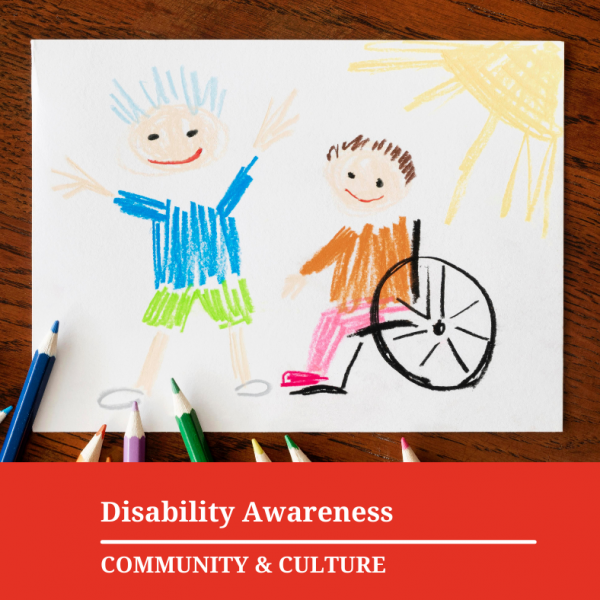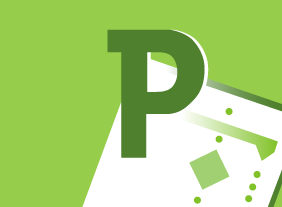Learning Outcomes are set out under the following units of study:
- Unit 1 – What is disability? • Overview – of Disability in Ireland National Statistics • Define the different types of disability, such as, physical, sensory, intellectual and mental health • Define the most common types of conditions – Cerebral Palsy, Stroke, COPD, Parkinson’s Disease, Multiple Sclerosis, Dementia, Autism, Anxiety, Depression, Mood Disorders and Intellectual Disability • Understand how the physical social emotional cognitive and communication needs impact on the lives of Individuals • Specific Needs of different groups
- Unit 2 – Impact of having a disability • Understand the prognosis – best and worse-case scenario and what might make a difference to these outcomes • Identify specific issues across the life span -overview infant, child, adolescent, adult and older person • Outline other commonly related conditions physical or mental • Understand how disability impacts on the individual, family members / personal assistants, healthcare assistants, care assistants and nurses and Organisations supporting them
- Unit 3 – Value based practice • Understand the impact of negative attitudes and labelling versus positive attitudes and use of language • Understand discrimination, marginalisation and oppression and the disability movement • Be able to discuss disability etiquette, human rights and valued base support model including o Values in practice o Best practice /Principles of support o Person Centered Support o Strengths based assessment o Universal design o Positive Behaviour Support o Inclusion
- Unit 4 – Interworking • Working relationships between Individuals, families, personal assistants, healthcare assistants, care assistants and nurses and other professionals • Understanding the role of consultants, GP’s, Nurses, Psychologists, Physiotherapists, OT and Speech and Language therapists
- Unit 5 – Role of Personal Assistants • Understanding the primary role in order to deliver personal care and assistance to a client in his/her own home. • Overview of the implementation of the requirements of the clients care plan, perform identified care duties and promote client comfort, dignity and wellbeing. • Role of staff in the implementation of therapeutic support plans • What is personal assistant, healthcare assistant, care assistant and nurse’s role in providing day to day support requirements
- Unit 6 – Interventions • Understand the assessment process and how decisions around care needs are assessed and how the plan of care is determined • Overview of assessments which may need to be conducted, by whom, what tools will they use, expected outcomes from assessments and what role will personal assistant, healthcare assistant, care assistant and nurses have in this process • What range of therapeutic interventions are available and how can they be accessed • Outline effective timing of assessments • Overview of Holistic Care and Support Plans o Activities of Daily Living -supports required o Daily routine plan o Intimate Care Plan o Safeguarding plan o Person Centered Plan o Individual Education plan o Positive Behaviour Support plan o Medication support plan o Communication plan o Risk Assessment o Nutrition, Hydration and Mealtime Management Plan o Malnutrition Universal Screening Tool o Night time routine o Wellness Recovery Action Plan o End of life plan o Advanced directives o Mobility plan o Sensory aids
- Unit 7 – Disability and the Law • Overview of the disability act, the employment act and the equality act • Understanding the implication of the Decision-Making Act 2015 and UN Convention of Human Rights and people with Disabilities





